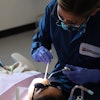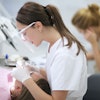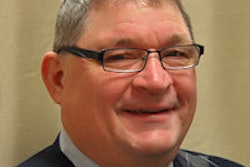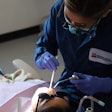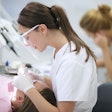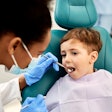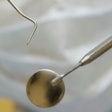The American Dental Hygienists' Association (ADHA) is applauding the creation of a dental hygiene therapist (DHT) license in Maine, after Gov. Paul LePage signed the bill into law on April 28.
The DHT will perform duties that include assessment, cavity preparations and restorations, simple extractions, placement of crowns and space maintainers, referrals, administration of local and nitrous oxide anesthesia, preventive services, and trauma management, as well as taking radiographs and the provision, dispensing, and administration of medications within the scope of the written practice agreement.
As in other parts of the U.S., the lack of access to dental care is a serious problem in Maine, according to the ADHA. While the organization sees this law as a positive step, the ADHA also said the legislation as written would be improved with the removal of restrictions that prevent the new provider from working in locations such as nursing homes, schools, physicians' offices, and hospitals, as well as dental offices without the direct supervision of a dentist.
ADHA policy recognizes that dental hygienists who are graduates of an accredited program are competent to provide dental hygiene services without supervision. Oral healthcare providers in Minnesota and Alaska -- as well as more than 50 countries worldwide -- are already proving that underserved populations can be served safely and effectively under offsite or general supervision by collaborating dentists.
The Maine Dental Association has lobbied heavily against the bill, arguing that there is no shortage of dentists and the new University of New England College of Dental Medicine will offset future shortages.

